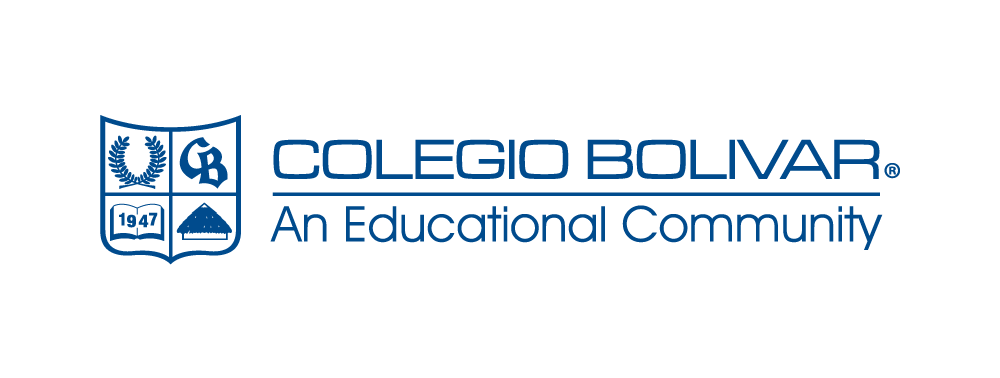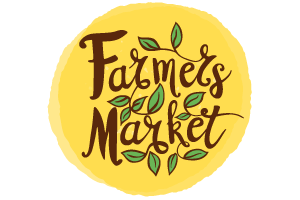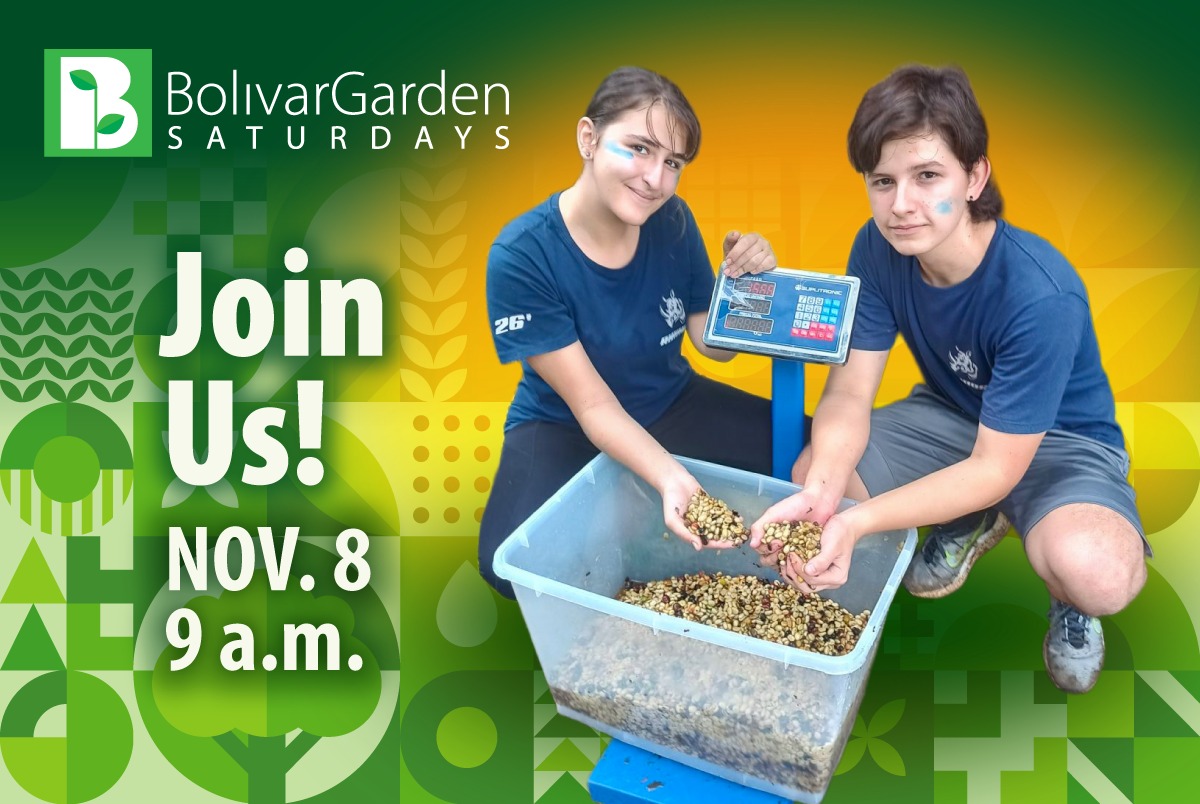Teachers Luz Adriana Serna and Natalia Chang from Kinder 4B led the Restaurant Project, in which the Kindergarten 4 students actively participated as part of their learning experiences. This educational initiative naturally and playfully fostered collaboration, creativity, and critical thinking.
This project stemmed from the children’s genuine interest in preparing food—a desire their teachers observed during free play moments, where students used sticks, pebbles, and other natural elements to simulate recipes and dishes. Based on this observation, the teachers proposed setting up a restaurant in the classroom, an idea the children embraced enthusiastically, especially excited by the chance to work with real food.
From the beginning, the children worked together to decide the restaurant’s name, the menu, and role assignments. This collaboration helped develop a sense of belonging and contribution by strengthening peer relationships and building a classroom community. Through role-playing, students also practiced emotional self-regulation, learning to take turns, resolve conflicts, and adapt to new challenges—thereby enhancing their social-emotional well-being.






A highlight of the project was when parents were invited into the classroom, which had been completely transformed into a restaurant. The children took on the roles of servers and chefs, and even made pizza together with their families. This event showcased their commitment and enthusiasm, while also strengthening the bonds between school and home.
Teamwork was another essential aspect. This experience allowed the students to naturally and joyfully take ownership of the space, learning how to collaborate, share responsibilities, and celebrate achievements together.
In terms of academic development, the project provided multiple opportunities for literacy and mathematical thinking. Students helped create menus, used play money to make transactions, and explored geometric concepts through food preparation. They even made their own bills, set prices for the dishes, and included them on the menu. They also encountered small challenges that encouraged problem-solving and innovation, promoting creative thinking and perseverance.






This project was intentionally aligned with the four curriculum frameworks, demonstrating how play is a powerful tool for integrating learning across different areas of child development.
The Restaurant Project exemplifies the Deeper Learning approach, which goes beyond acquiring basic knowledge and invites students to apply essential skills—such as collaboration, effective communication, critical thinking, and creative problem-solving—in real and meaningful contexts.
This type of learning is grounded in providing experiences where children actively construct knowledge through exploration, reflection, and action. In negotiating roles, creating a menu, managing resources (play money), and overcoming challenges in running the restaurant, students not only learned math and language—they developed transferable life skills. In essence, the project promotes a vision of education in which learning is not about memorizing facts but about building understanding through active participation and emotional engagement in the learning process.


